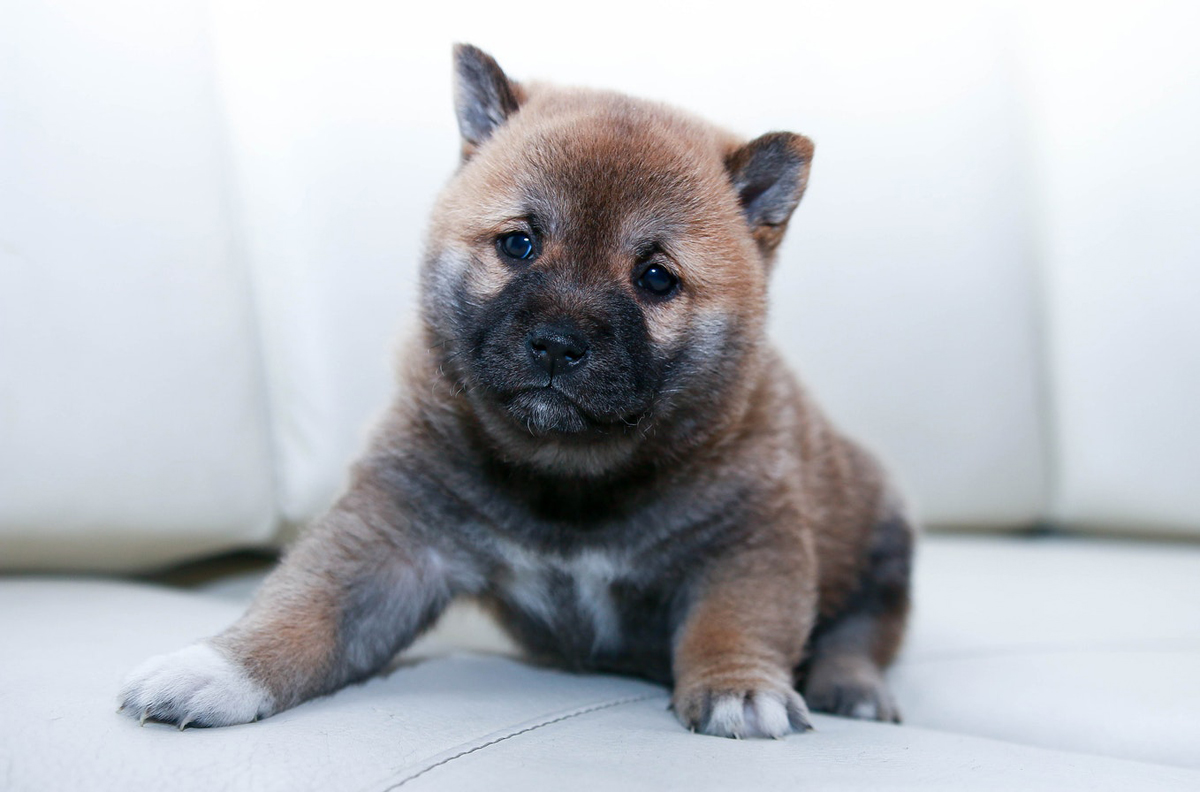When it comes to housetraining a puppy, or even an adult dog, the most important thing to remember is: patience. Remember that your dog is still learning and only with practice comes perfection. With these simple tips, your dog will be on their way to successfully being housetrained!
Location, Location, Location
When your puppy goes to the bathroom they are marking their territory. The first step to housetraining is designating a specific area outside for your puppy to go. The familiar smells and odour left behind from previous outings will remind them what this area is for. This is also important to keep in mind when accidents in the house happen, make sure they are cleaned thoroughly to remove odours.
Timing is Everything
There are key times when a puppy needs to relieve themselves. A puppy should always be taken out first thing in the morning and right before going to bed at night. Throughout the day, a puppy should be taken out after naps, mealtimes, excited playing, and after being left alone. The more a puppy is walked, the less likely accidents will happen. Puppies can only hold their bladder for a few hours and therefore should be walked on average 4 to 6 times a day.
Routine & Consistency
Your puppy needs routine and should have their very own schedule, especially for eating and bathroom breaks; what goes in on schedule comes out on schedule! Eating stimulates elimination, which is why it is important to take a puppy out after meal time. Meals should be given at least 2 hours before a puppy is left alone or before bed to allow time for a final walk and prevent accidents. During the night, your puppy may need to go outside. Ensure that you and the puppy are focused on the task at hand, it’s not play time! Being consistent with your puppy makes it easier for them to know what is expected.
Stay Positive
Always reward your puppy for correct behaviour. Using treats or praise can help your new puppy understand what is considered good behaviour and what is not. Ensure that positive reinforcement is given immediately after finishing elimination. If the reward is given too soon, your puppy may get distracted and not finish their business. If the reward is given too late, the puppy will not connect what the reward is for. To make going outside easier, associate a word or command with elimination; this can be useful in the future to remind your puppy what to do. Outdoor play and longer walks are a positive treat to reward your puppy with after they have completed their business.
Keep an Eye Out
It is important to always keep an eye on your new puppy to eliminate the opportunity for accidents. Baby gates can be used to section off a small area in the house, or you can leash the puppy to you while in the house but unable to give your full attention to him or her. Crate training your puppy can also be beneficial when it comes to housetraining. The crate should be just big enough to lie down, stand up, and turn around in. For additional information about crate training, please visit our blog “Crate Training Your Dog” at http://cahospital.ca/general/crate-training-your-dog/.
Allow Room for Error
Accidents will happen as your puppy is still learning, so it is important to stay patient. If you witness an accident occurring, interrupt the puppy with a “No” and immediately take them outside to their designated spot to finish their business. If they finish outside, it is very important to praise them. Never punish a puppy for having an accident in the house, especially if you did not witness the accident happening. Rubbing a puppy’s nose in it, scolding, or punishing a puppy for a mistake is not beneficial to housetraining.
For more tips on mastering the art of housetraining, we encourage you to talk to the staff at Centrepointe Animal Hospital.

